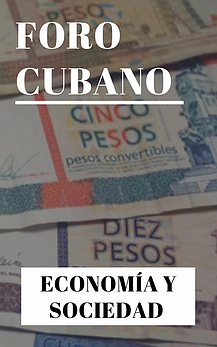Expropiese y cumplase
Resumen
Con la llegada de la Revolución en 1959 se estableció el rumbo agrícola que debía tomar la economía del país para regenerar la sociedad desgastada que había dejado la dictadura de Fulgencio Batista. Bien lo decía Fidel el 13 de marzo de 1963, mientras se conmemoraba el VI aniversario del asalto al Palacio Presidencial, “la agricultura necesitaba brazos” para hacer progresar al país. Brazos y tierra, porque Cuba debía subsanar el legado acumulador que habían dejado las empresas norteamericanas que, para la Revolución, fueron quienes junto a Batista y la elite extranjera terrateniente socavaron los medios económicos propios de los campesinos, apropiándose de su tierra y explotándolos laboralmente. Todo por lo que habían luchado y lo opuesto a la Revolución estuvo representado en el capital de las multinacionales Shell, Texaco, los mercados Minimax, y otras empresas internacionales con sede en Cuba que fueron intervenidas como primer acto del gobierno revolucionario.


